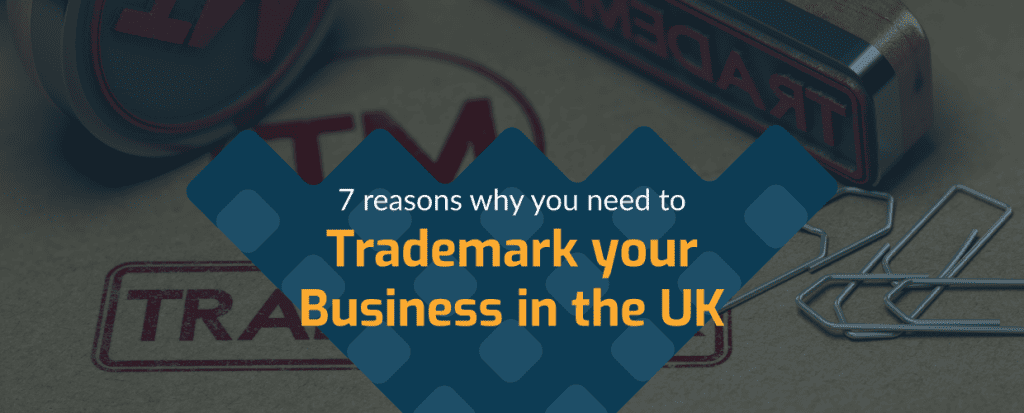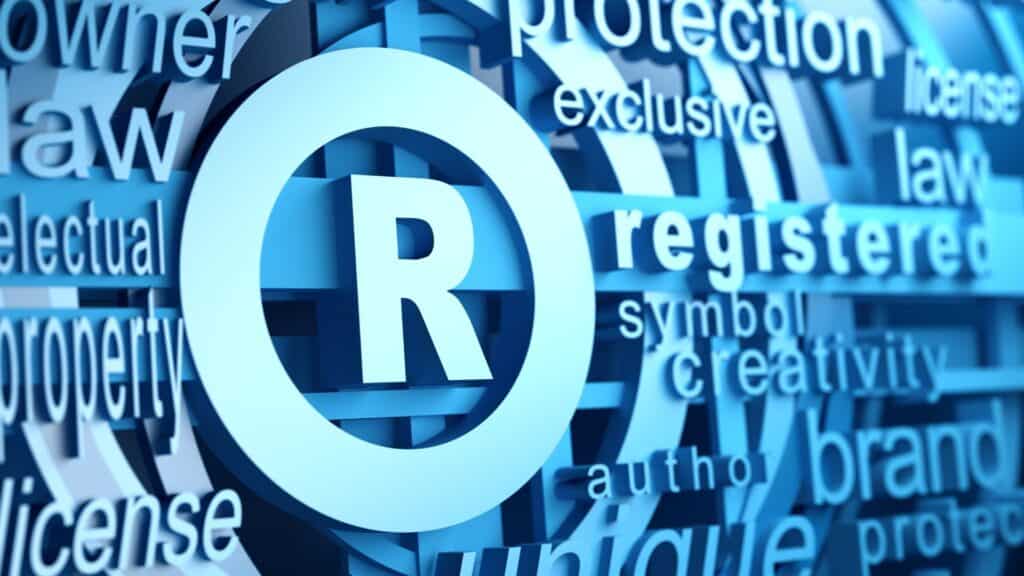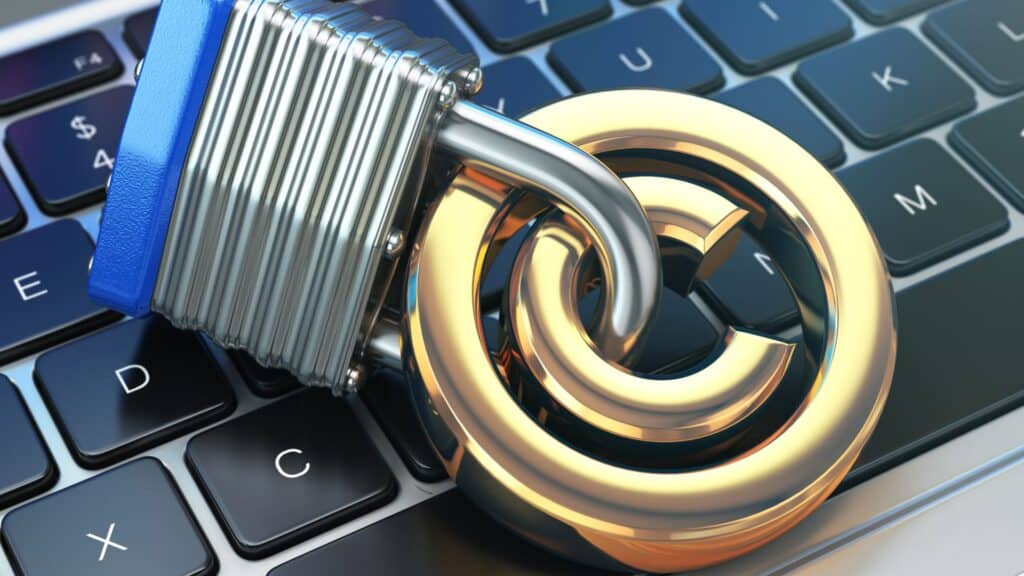“Should we just pull out of the deal? If we don’t own the IP when we complete then what are we actually buying?”
Bevan and I had to ask ourselves these questions when we were going through the acquisition process of Start.Biz. The business had been trading in one form or another for 36 years when we acquired it. Its core offering was to protect other business’ Intellectual Property and yet when we came to buy it, we realised that it hadn’t taken the necessary steps to protect its own. Could this situation have been more ironic?!
The brand that the business was trading under had been in operation for over 30 years and was synonymous with the trading activity of the business itself. Whilst we had valued the business based on a multiple of profits, we were acutely aware that we were inheriting a ready-made brand with customers who had been loyal to it for decades. So, without owning the IP, we were putting ourselves (and our families, homes etc) at massive risk by completing on a transaction and potentially buying thin air.
Poking the bear
For a variety of reasons (legal and organisational), we were in a situation six weeks before completion where we were totally unclear as to who owned the Intellectual Property.
This matter only came to light as a result of our Due Diligence – up to that juncture, the Sellers believed that any IP was owned by the business. As a result of our questioning, we had identified that there was a third party who had made claim to owning the IP and was demanding hefty sums of money to release any claim to it.
Stalemate
The acquisition had been rolling on for nearly seven months when this came to light and had been a rollercoaster mainly driven by financial challenges; the last thing we expected to potentially scupper the deal was one surrounding Intellectual Property. As we didn’t own the business, we couldn’t take the case on and so we had to work with the Sellers on overcoming this challenge.
We were at an impasse, as we didn’t want to buy a business that didn’t have ownership over its name, brand and goodwill; whilst the Sellers were not prepared to sell as had they done so without this being resolved then they would have breached the legal documents associated with the transaction itself.
The price of victory
Thankfully, our Sellers had been around the block and were savvy enough to have retained copies of all documentation and notes/recordings of verbal conversations held. As with all things though, resolution came at a cost…. The legal fees associated with successfully concluding the matter were over £10,000 and delayed completing on the deal by more than two months.
We had finally overcome our last hurdle albeit we were poorer, a bit more stressed and with some more grey streaks in our hair!
Most importantly, we were able to buy the business and focus on driving it forwards rather than being laden down with legacy issues that would have hindered our growth and profitability in the first 12 months after we owned Start.biz.
So what?
Peace of mind and ultimately an ability to reap the rewards of a lot of hard work.
IP is often sold on the basis of fear when it should be sold on value. Now more than ever, brand identity and messaging are critical in generating goodwill and market value for businesses. Protecting IP preserves a business’ value and all of the blood, sweat and tears that has gone in behind the scenes to make that happen.
In our case, had this matter not been resolved then the deal would have fallen through, and the Sellers would have been left with a business that they couldn’t sell having spent 36 years building it up. All for what should have cost no more than £500 – £600 to protect in the first place. When the stakes are so high, the question to ask is not “So what?” but rather “Why not?”




